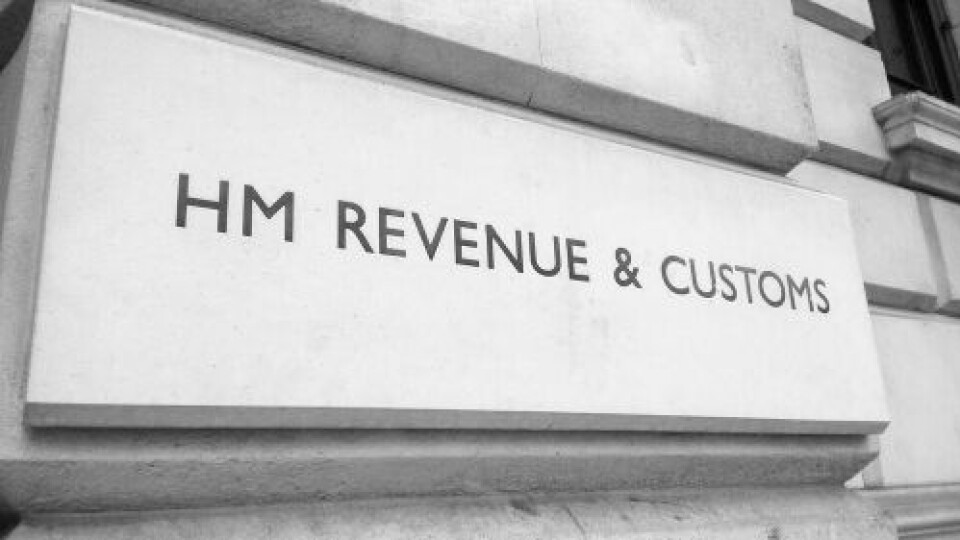-
Grand crème, café crème, au lait: how to order coffee in France?
We explain the subtle distinctions between the various terms used in cafés
-
Should I include appliances in a French house insurance estimate?
When taking out a home cover policy, you are asked to calculate the approximate value of the property
-
Do UK pensioners in France now have to use digital life certificates?
New IT-based services are replacing classic ‘proof of life’ formats for some
How long can I stay in UK without becoming resident for tax purposes?
We look at the different ways through which tax residency is worked out by the UK authorities

Reader Question: We are British citizens who live in France. What is the longest annual time we can stay in the UK without incurring tax liability there?
If you are resident in France, you would normally only pay UK tax on certain UK incomes that are designated in the UK-France double tax treaty as taxable in the UK, such as money from renting out UK-based property or from a UK public service pension.
On the other hand if your tax residency is in the UK you are potentially assessed for tax on your worldwide income by the UK.
As a general rule you will only be a tax resident of one country at any one time and you remain a tax resident of that country until such a time as you fall under another country’s tax residency rules instead (eg. because of moving home).
Each country has its own rules as to when it considers someone to have become a tax resident. However, in the case of the British and French rules, the UK-France double tax treaty clarifies how to decide where someone has their tax residency in cases where there are grey areas and they might potentially fall under both countries’ criteria.
British tax residency is partly related to the number of days a person spends in the UK in the UK tax year (April 6 to April 5).
This can be worked out through a series of tests.
You may be considered to be resident in the UK for tax purposes if neither of the so-called ‘overseas tests’ listed below applies to you and if you meet at least one of the ‘UK tests’ or the ‘sufficient ties’ test.
Overseas tests
You are not a resident of the UK if either:
-
You spent fewer than 16 days in the UK in a given tax year (or fewer than 46 if you have not been classed as UK resident for the three previous tax years)
-
You work abroad full-time and spent fewer than 91 days in the UK, of which no more than 30 were spent working
UK tests
You will be resident in the under the automatic UK tests if:
-
You spent 183 or more days in the country in the last tax year. It does not matter if these days were spent consecutively or as part of shorter visits, and it does not matter what you were doing
-
Your only home was in the UK, was available for use for at least 91 days in total and you spent at least 30 days there
-
You worked full-time in the UK for any period of 365 days and at least one of these days fell into the specific tax year
Sufficient ties test
If you are not a UK tax resident according to the criteria listed above, you might still be classed as resident if you were in the UK for a certain number of days and have sufficient work and/or family links.
This government guide helps you to work out whether any of these factors apply to you.
Government checker
You can work out what your UK residency status is using this online government checker (click the button marked ‘start now’).
You will be asked:
-
How many days you spent living and working in the UK and abroad
-
Roughly how many hours a week you worked
-
About the family you have in the UK
-
Details of your home in the UK
It may be helpful for you to keep a diary of the days you spend in the UK, so that it is easy for you to work out whether or not you were resident in different tax years. If you work, it could also be useful to keep a record of the hours you spend working in the UK and those you spend overseas.
You can find out more about UK residency for tax purposes in the HMRC online manual.
France has its own rules on who is a tax resident, the most important being whether you have your main ‘home’ (foyer) in the country.
Other rules look at whether you spend more time in France in a given calendar year (the French tax year) than anywhere else, if you run a business from France or have your ‘centre of economic interests’ there.
The ‘tie-breaker’ rules in article 4 of the double tax treaty also focus on where you have your ‘permanent home’, or otherwise where you have the most ‘personal and economic’ interests, where you have your ‘habitual abode’, or finally, the country of which you are a national.
If all else fails it asks that the tax authorities of both countries come to a mutual agreement on where you are a tax resident.
Related articles
Can we use the 90-day rule to extend stay after French visa runs out?
Can I go back to the UK for visits while on a long stay French visa?
Young Brexit agreement Britons facing residency difficulties in France
























